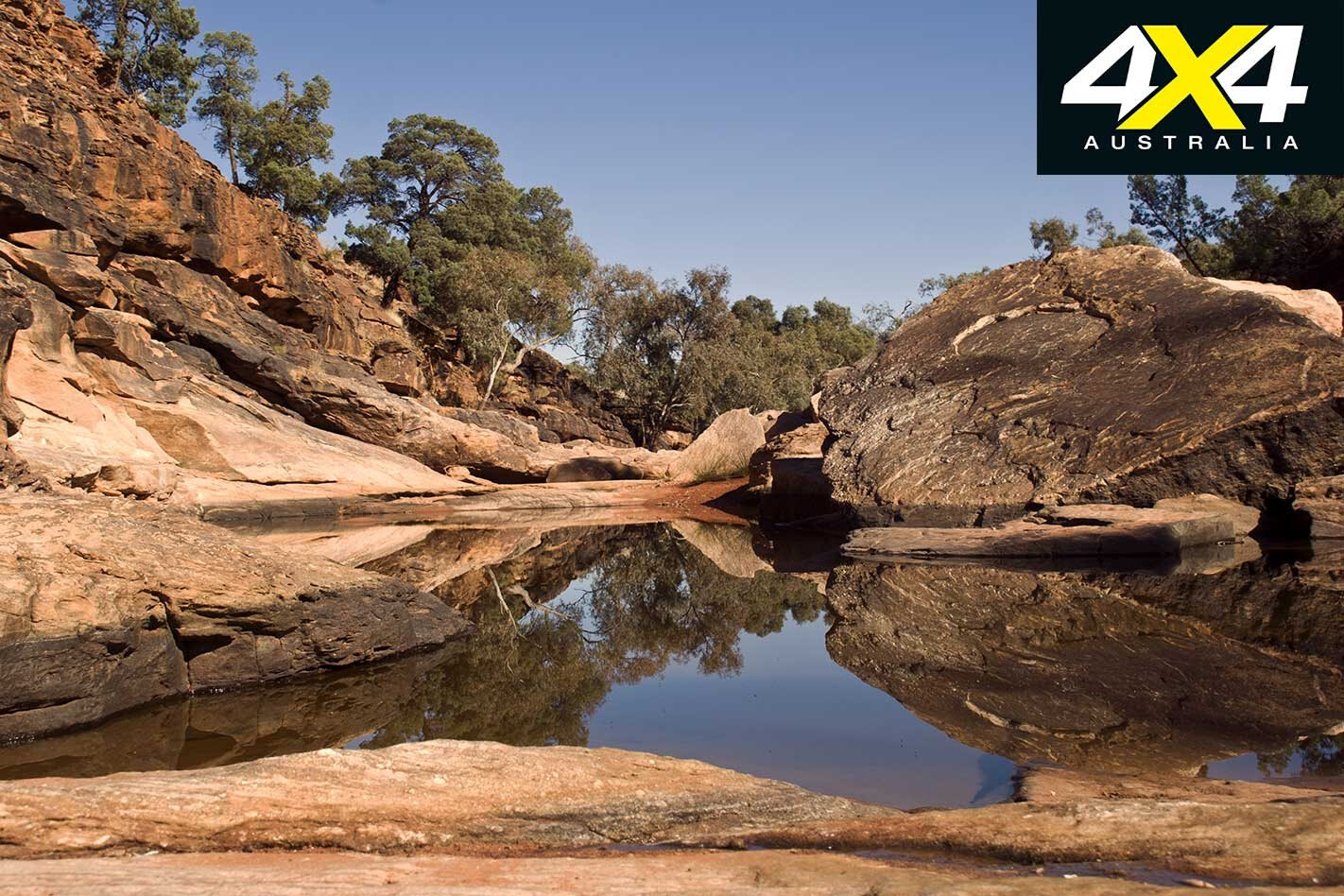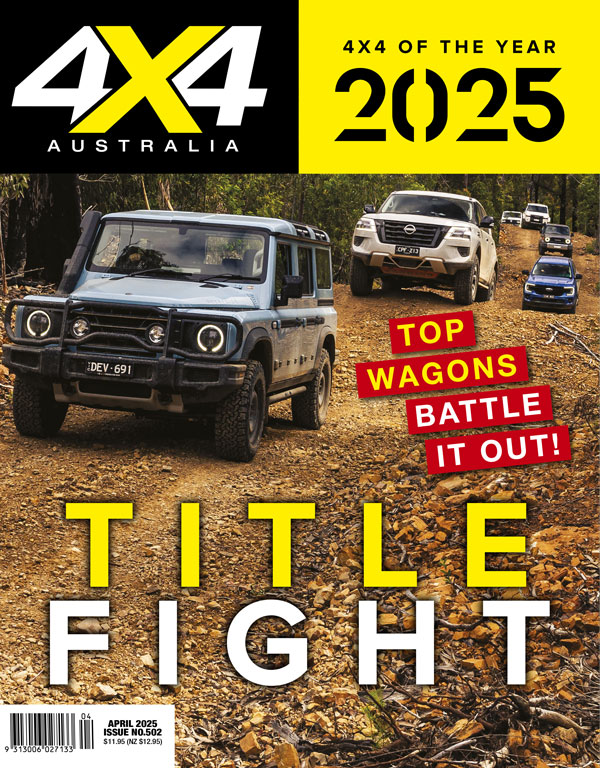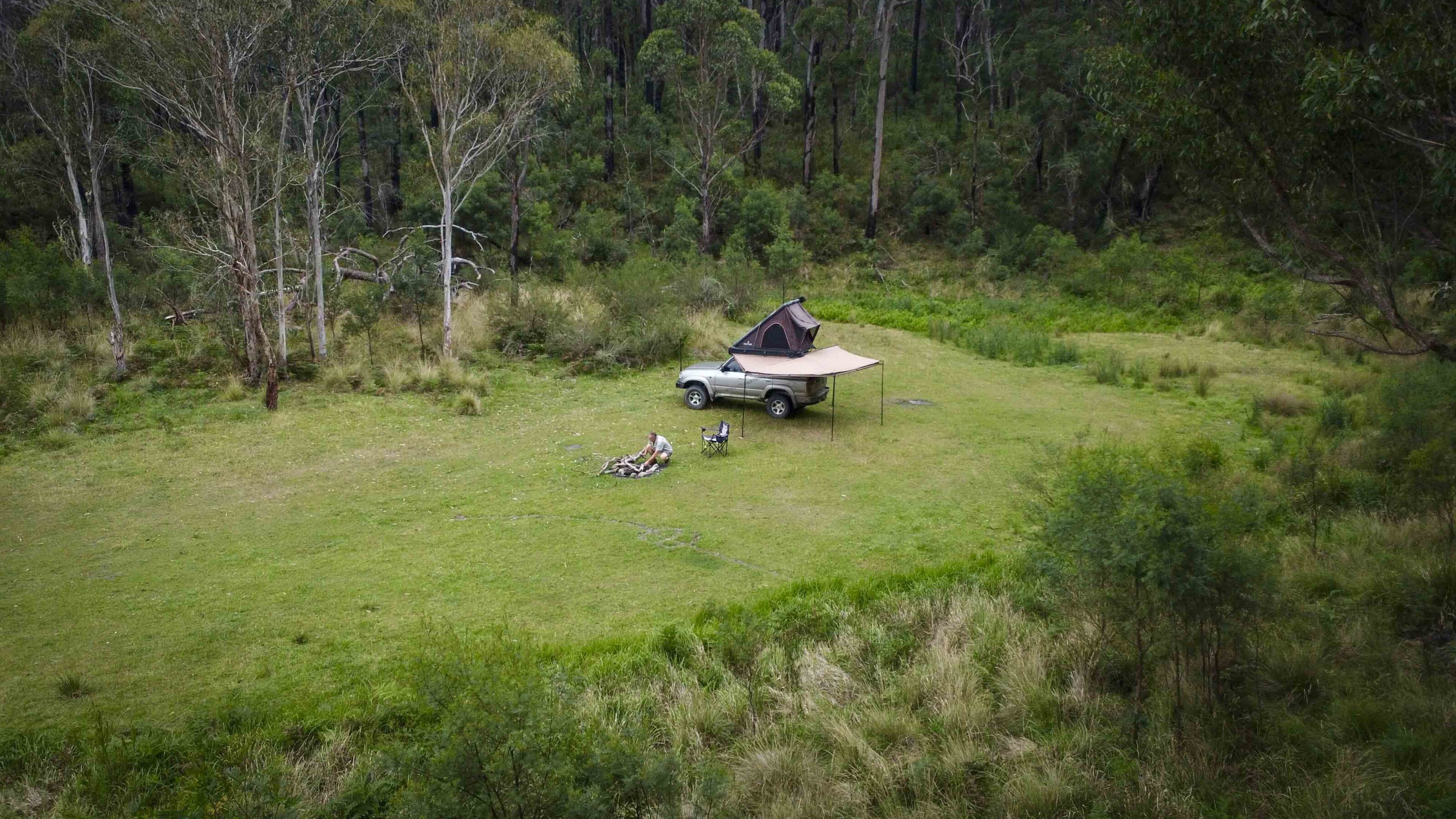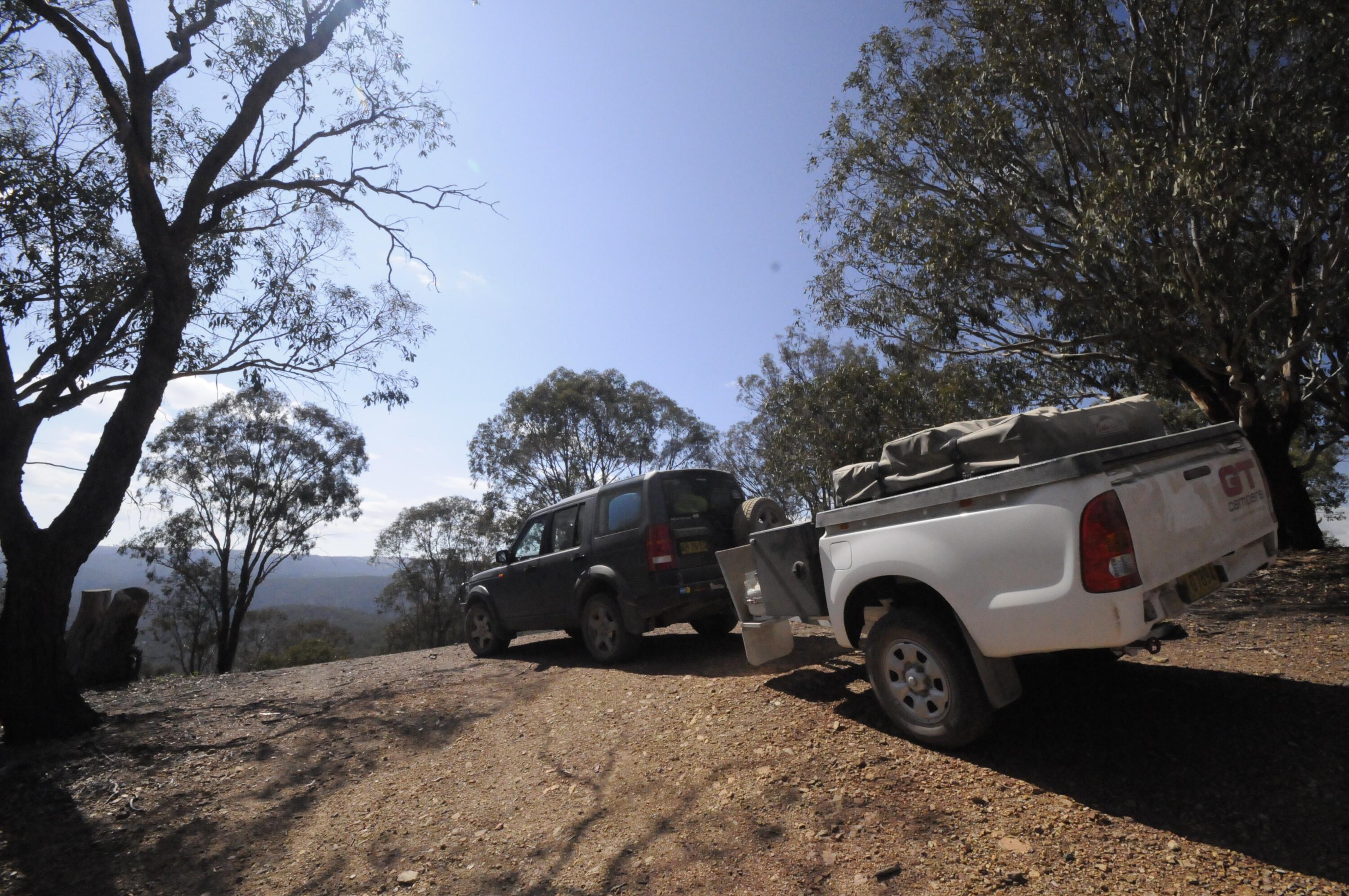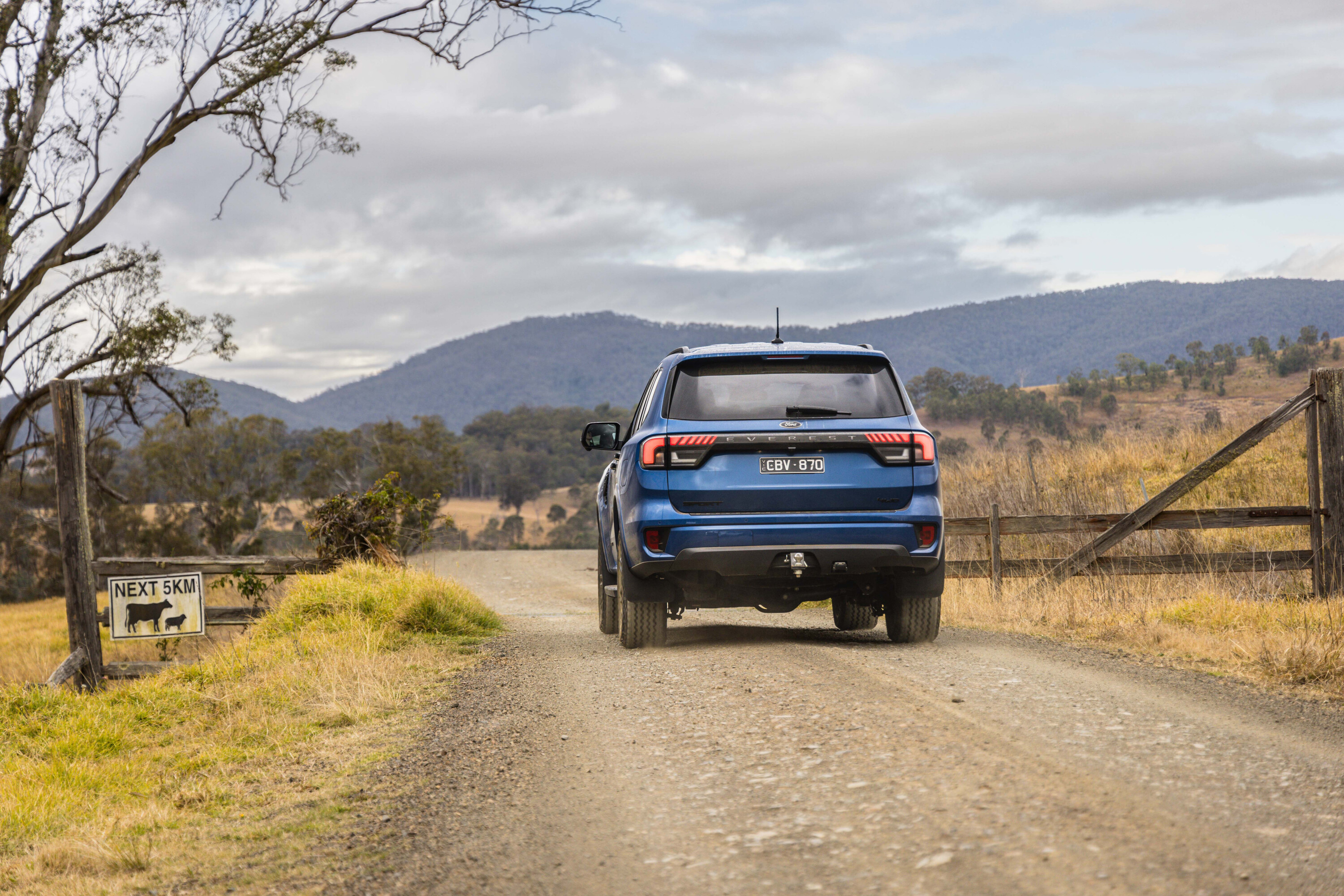It’s funny. The big things you think will stand out, often don’t. It’s the details that make for a strange experience.
So it was with my friend Irina Zenina’s first visit to Australia. If the name’s not a giveaway, Irina’s Russian. She’s originally from a city called Severodvinsk – so far north that in summer the sun sets after midnight and in winter barely shows its face at all – but today she calls the beautiful city of St Petersburg home. It’s a world away from the outback in every way.
Now, we think of Australia as a big place. It’s the sixth-largest country but you’d have to add the fourth-largest, China, to our landmass to match the size of Russia. That probably explains why she was completely unfazed by the fact that we’d left a quiet little hamlet called Guerilla Bay, on the NSW south coast, and driven west all day, past the nation’s capital, without leaving the state.
Russia does vast open plains every bit as well as Australia. The drive from St Petersburg to Severodvinsk, on the Northern Dvina River, takes 17 hours, much of it on single-carriageway across pine-forested taiga.
With the Murrumbidgee occasionally glinting through twilit trees off to our right, a quilt of open land to the left and little but Adelaide-bound trucks for company, the drive along the Sturt Highway felt familiar to her in the dark.
Highway to Hell blared from the speakers (“Da, I love AC/DC!”) and night rolled rapidly across the plains as we approached Hay. Fatigue and the fear of roos in the dark dictated we would stop here for the night and as Irina looked out of the window at the trees, she said: “This could be Russia because you can’t see what the trees are.”
Much stranger to her were the warm winter days and the instant chill when the sun went down. Another big thing she found familiar was the 200 Series LandCruiser we were cruising in. The twin-turbo-diesel fourbie is as popular in Russia as it is here, and with diesel at just 28 roubles (84 cents) a litre there, it’s even more attractive. But sitting on the left without a steering wheel to hold freaked her out.
Later, a brief drive on the one-way dirt track around Mungo confirmed her opinion that “right-hand-drive cars are crazy”. Still, I couldn’t help but smile when she said: “This car, it’s for mafia.”
The next morning’s hike took us into Balranald, where something that’s a little trickier to explain surprised her – Aborigines. Actually, it makes perfect sense. You just have to look at it through her eyes.
The only images of Aborigines she’d ever seen in Russia were your typical tourism promo fare: didgeridoos, traditional dances, body-paint. Bumping into them in modern clothing, doing the weekly shop in the supermarket simply didn’t line up with the propaganda. And then, finally, we were off the tar and on the dirt. Yet another surprise. It wasn’t an endless vista of red sand.
Even in a bad year, this kind of outback terrain is alive – saltbush, lizards, birds, kangaroos and goats. But after the rain we’ve ‘enjoyed’ for the past couple of seasons, it was much greener than usual. Well, not green to Russian eyes.
That washed-out eucalypt olive drab that does such a wonderful job of hiding roos and emus. While the rain has put plenty of food on the table for the wildlife, you don’t always see it.
By all accounts, kangaroo numbers are way up yet we saw very few. The rain has allowed them to stray away from the most reliable sources of water and into more remote corners. Emus, on the other hand, were prolific. Drinking from puddles and running wildly across the road in front of us.
The same pattern was repeated everywhere we went. It was a shame, as I’d hoped to be able to show Irina vast mobs of roos. Then again, there wasn’t the usual suicide brigades lining the roads so she was spared the road toll that outback travel can often provide. And that was definitely a blessing.
At the main campsite, pitching our tent under a tree, the wildlife we’d been looking for finally came to us. A small kangaroo — possibly with a joey in her pouch — came to graze right next to us.
Neither particularly inquisitive nor afraid in the least, she stopped for a while before demonstrating the huge bounds her breed are capable of, lazily loping across to a new feeding spot. Irina was transfixed, grinning like a child at Christmas.
There isn’t big wildlife like this that you can get close to in Russia. Deer perhaps, but they’re impossible to get near. Despite what some Russians might tell you, Irina assured me that wolves and bears wandering through town are only slightly more common than drop bears.
Walking from our campsite to the toilets, our neighbours called out a friendly ‘hello’. I replied and we walked on. A safe distance away, she asked: “Do you know them?” “No.” “Then why they say ‘hello’?” “Just being friendly.” “In Russia, camping not like this.”
In Russia, you go camping in a group. There could be 20 of you, and you stick to yourselves. Other groups are avoided if possible and ignored if not. Building a huge campfire is mandatory as is singing songs around it. The concepts of not being allowed to collect firewood in a National Park and fire bans was hard to explain.
In the morning, everything came together perfectly. The weather was beautiful, Weet-Bix turned out to be an exciting new breakfast adventure and then we drove to the sand dunes at Vigars Well. Irina fell in love. We parked and clambered up onto the dune.
We could have been the only people on earth, though a kangaroo had tracked up and down another dune, hopping across the flat in between. We tried – and failed – to match its distance, took photos of everything and Irina asked: “Can we camp here?” I wished I could tell her something other than that we were restricted to the campsite. Then again, what would it be like if you could just camp where you liked? It’d be like Russia.
The warm day brought up one of those other little details of the outback. In Russia there’s an expression for someone who’s lazy – sleepy fly. As we watched a red fox trot through the grass at Lake Leaghur, it was a native creature that caught Irina’s attention. “These flies not sleepy,” she laughed. “This is busy fly!”
The wet weather had increased the numbers of flies and it affected our trip in other ways too. At Hay it’d brought the river up and other towns had flooded. Further along, we’d hoped to visit Murray-Sunset NP but much of it was closed so we were heading to Menindee instead. Problem was, part of the road had been washed out between there and Pooncarie, so we had to cross the Darling River lower down and head up the other side.
Somewhere on this drive we had a moment of real sadness. A tiny bird went up against the windscreen at 100km/h and lost. Irina was genuinely grief-stricken. Not only has she never killed anything in her time behind the wheel, she was horrified at the number of dead animals we saw. “Road kill,” I explained. “We haven’t it in Russia,” she declared.
Stopping at the Pooncarie Hotel for lunch, almost everything shocked Irina. For one thing, Russia has a zero alcohol drink-drive law and for another, the sausage roll was a previously unknown (and subsequently unwelcome) delicacy. And then a gentleman who was politely preventing the bar from falling over attempted to engage Irina in conversation.
“They don’t make ’em like you in Mildura,” he proffered in a thick drawl that ended in a laugh. I tried to convince her that it was a compliment but it didn’t survive translation. Still, he gamely pushed on. “Russia? That’s down at the bottom of the world, eh?” “No,” the barman corrected. “We’re at the bottom. Russia is at the top.” “Yeah … but the world goes ’round.” I looked at the barman. He looked at me. Who was going to try? “It doesn’t go ’round that way. Russia stays at the top.” “Yeah but … ” The argument petered out.
We found our way across the Darling, which was still teasingly suggesting that the only ‘plan’ needed was how to deal with all the floodwater, and then onto a new high-grade dirt road. The quality of the track and the total absence of other traffic made for rapid progress.
Water glinted in the distance, suggesting huge flood lakes and when we hit the Silver City Highway it was the same, with water almost up to the road. Pulled over for a rest, I commented to a driver headed the other way that I’d never seen it like this, and I’ve driven the road a fair few times. “I’ve been driving between Mildura and Broken Hill for more than 40 years,” came the reply, “and I’ve never seen it like this either.”
Back on the road, Irina’s question wasn’t about the weather. “Who broke the hill?” My reply started to stray into Emperor Nasi Goreng territory so I had to admit I just didn’t know.
Handily, the tourist info centre in the town did, but that wasn’t until later. Before then, I made the decision to introduce Irina to an icon of Aussie cinema – Silverton and the roads once patrolled by Max Rockatansky. She’d never seen Mad Max (or Mad Max II) but she was very excited by the Silverton Hotel. “You could make a film here!” she said. Inside we saw all the production photos lining the walls.
Back in Broken Hill, we picked up some more info, made a phone call and booked ourselves on a guided tour of Mutawintji National Park the next day.
Getting there was the only time the satnav let us down. We’d gotten used to the charming female voice telling us to “at the roundabout take the second exit” so obediently, we bore right when she said so. We knew it was wrong. The sandy track we’d been on was wide and well-travelled; the one we were turning onto was overgrown and narrow.
Thirteen kilometres later, instinct proved correct. The road simply ended. More annoyingly, from the map it looked like we were no more that 3km from where we wanted to be.
On the upside, when we got there, the showers at the campground were hot and there was plenty of wildlife on hand. A burly roo made it clear this was his turf, while a few others took a more sharing approach. Emus wandered through, seemingly oblivious to the fact that we weren’t other emus. Intermittently, flocks of ‘carrots’ flew squabbling overhead and all through the night they woke up to continue the debate.
Not that we minded; though it was colder here, the brilliance of the Milky Way made a midnight wake-up welcome and we watched satellites plot their way around the earth while a handful of shooting stars flashed by.
The tour of the Aboriginal rock art at Mutawintji was a highlight and told us about much more of the culture, from the native ‘lemon grass’ and how to cook underground, to seasonal hunting rules, early contact with white explorers and great 260-million-year-old fossil footprints.
Another day, another walk, this time to Mutawintji Gorge. You can always find water there apparently, though you’d have to be pretty desperate to drink from the stagnant pools we found. That probably had something to do with the bands of goats whose bleating echoed around as they leapt away from us, up the rocky walls of the gorge.
Lazy days relaxing in the bush are hard to give up but we had a good reason to hit the road again – flights north, to dive the Barrier Reef. So when the sun had dried the dew from the tent, we packed up and headed east.
Around 4.30 in the afternoon, as we cruised in on the arrow-straight road towards Nyngan, Irina fell asleep in the passenger seat. In the rear-view mirror, an orange blaze lit up the curving horizon and above the tar, a swirl of wedge-tailed eagles and crows spanned like a miniature tornado before settling back to their evening meal.
I didn’t wake her. It wasn’t the magnificent sunset setting fire to the plain that would have stood out to her Russian eye. The devil is in the details, after all.
Guerilla Bay
If you’re looking for a relaxing weekend away from Sydney or Canberra, this little place is perfect.
Roughly halfway between Batemans Bay and Moruya, it’s a quiet spot with mostly private houses and a few rentals hidden among the trees. Two little beaches offer you the choice between swimming or diving, maybe even bit of surf if you’re lucky.
Head inland, and there’s Deua National Park to explore, which offers a wealth of real off-roading with super-steep climbs and river crossings, as well as more gentle treks, camping, bushwalking, swimming and caving. Alternatively, round out a weekend’s 4X4 fun at Deua with a swim at the bay before you head home.
What Irina Says….
Before travelling here, I thought Australia was small and only desert and kangaroos.
At Lake Mungo, I realised the Australian desert is unusual; it’s endless expanses of small shrubs, weird trees, exciting and ever-changing landscapes and many different animals. And this lake? It’s shaped like a huge saucer for tea.
I also remember a strange thing for Russians; in Australia everyone loves camping. We stayed several days at the lake and I was surprised how many people were travelling. And you constantly talk to each other, and ask: “How’re things?” I was very surprised. Ha, ha, you can communicate with the animals too. On the first evening, when we decided to stop and put the tent up, kangaroos came to see us. Oh, and the Milky Way! We watched the night sky for a long time at Mutawintji.
When we went to look at the rock art, I got suntanned. That’s strange for winter. In Russia, winter is winter. Not far away we went for a walk along the gorge, in a very beautiful place. There I saw goats and a stone fell on my foot. Now I have a small scar to remind me but it’s good. Travelling to Australia, I had an unforgettable experience, and back home I recall the trip with new emotions, which I never had before.
Travel Planner
GETTING THERE Lake Mungo is 150km from Balranald or 110km from Mildura. Good unsealed roads in dry weather but access may be closed due to rain. Mutawintji is 109km from Broken Hill. Mainly good tracks with some loose, sandy sections. Access to Mutawintji Historic Site is only available with a guide — contact Tri State Tours 08 8088 2389 to book.
CAMPING Fees apply at both sites ($5/adult/night). Lake Mungo main camp has toilets, Mutawintji Homestead Creek has toilets and showers. Both have picnic tables, barbecues and fireplaces but bring your own firewood.
WHAT TO BRING Drinking water, camp shower for Mungo. Fuel and groceries available at Mildura or Balranald if travelling south to north, or at Broken Hill if heading south.
MAPS AND GUIDES Free maps are available at Mungo NP Contact NSW Parks & Wildlife on 1300 361 967 or 02 9995 5550, or visit www.nationalparks.nsw.gov.au.

